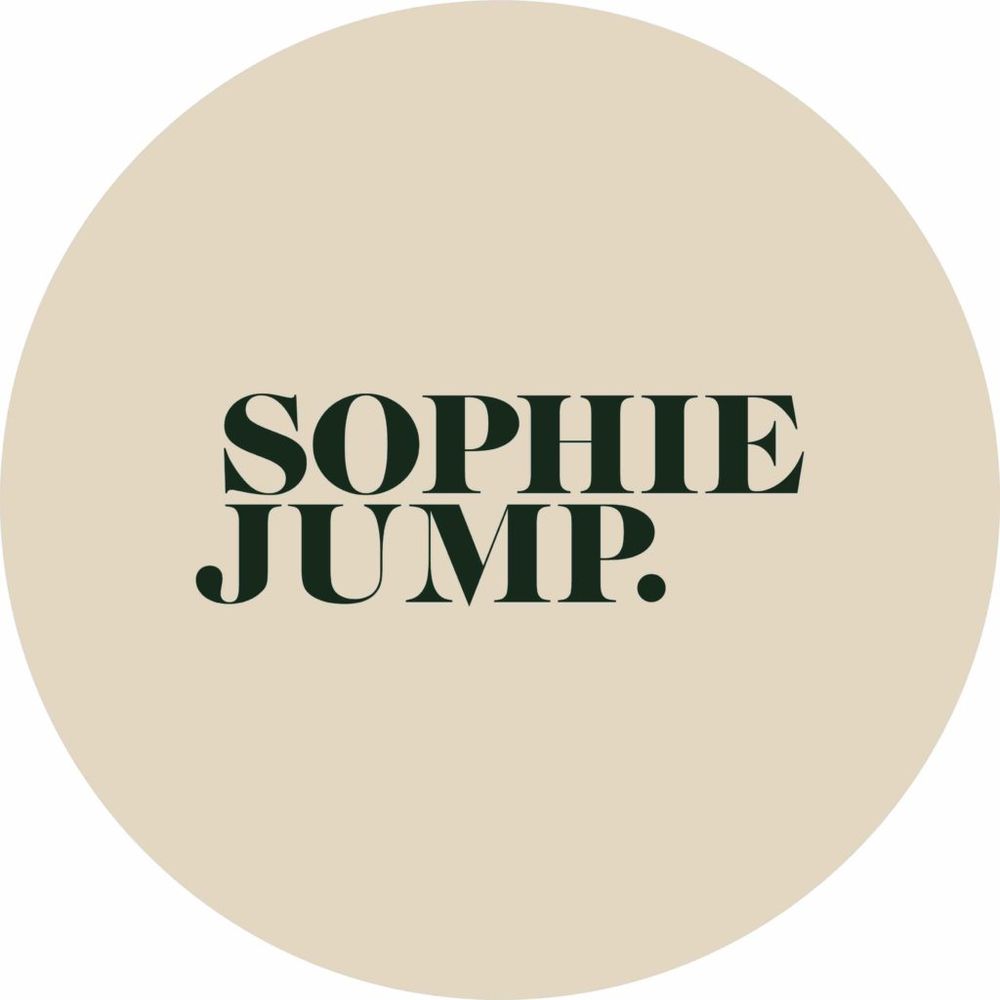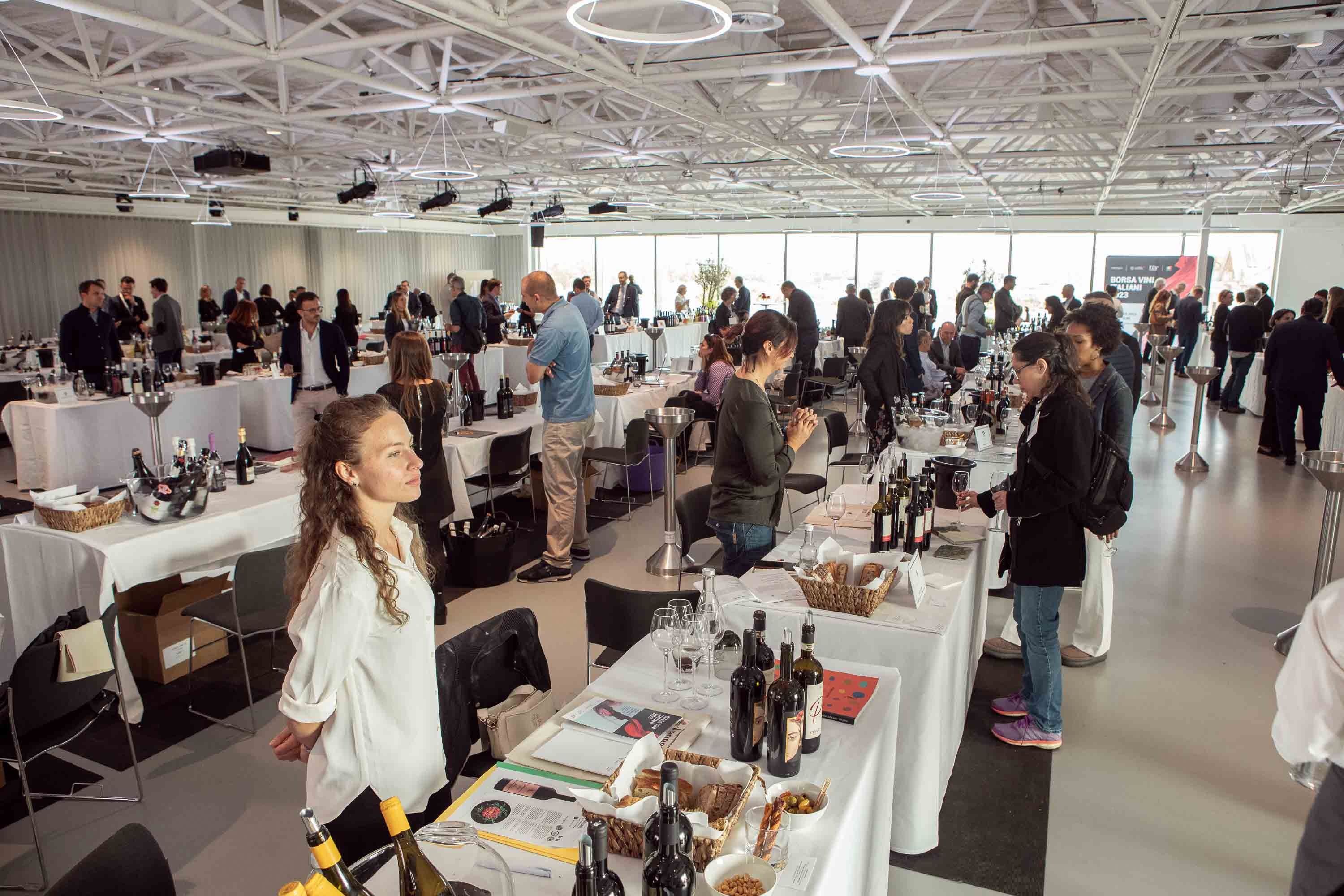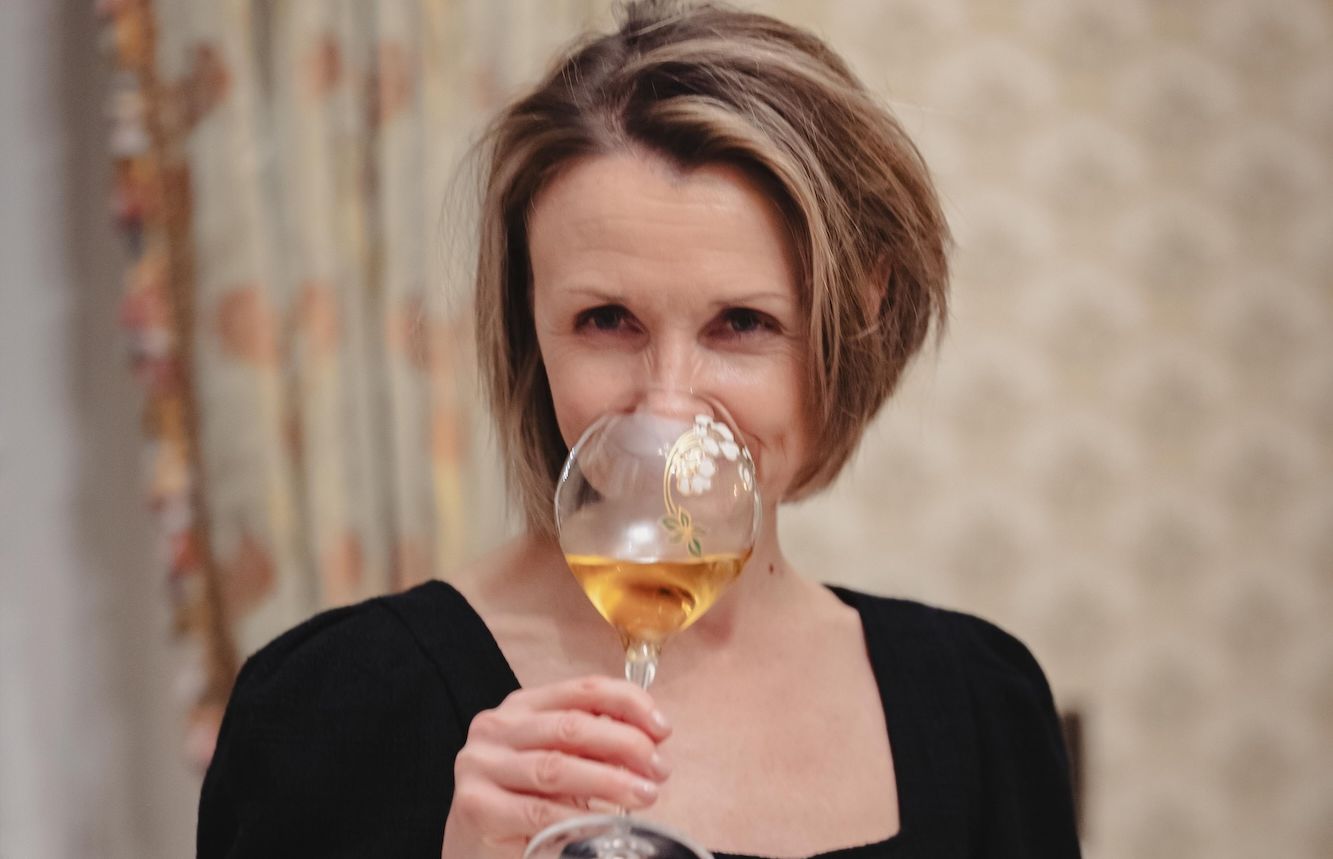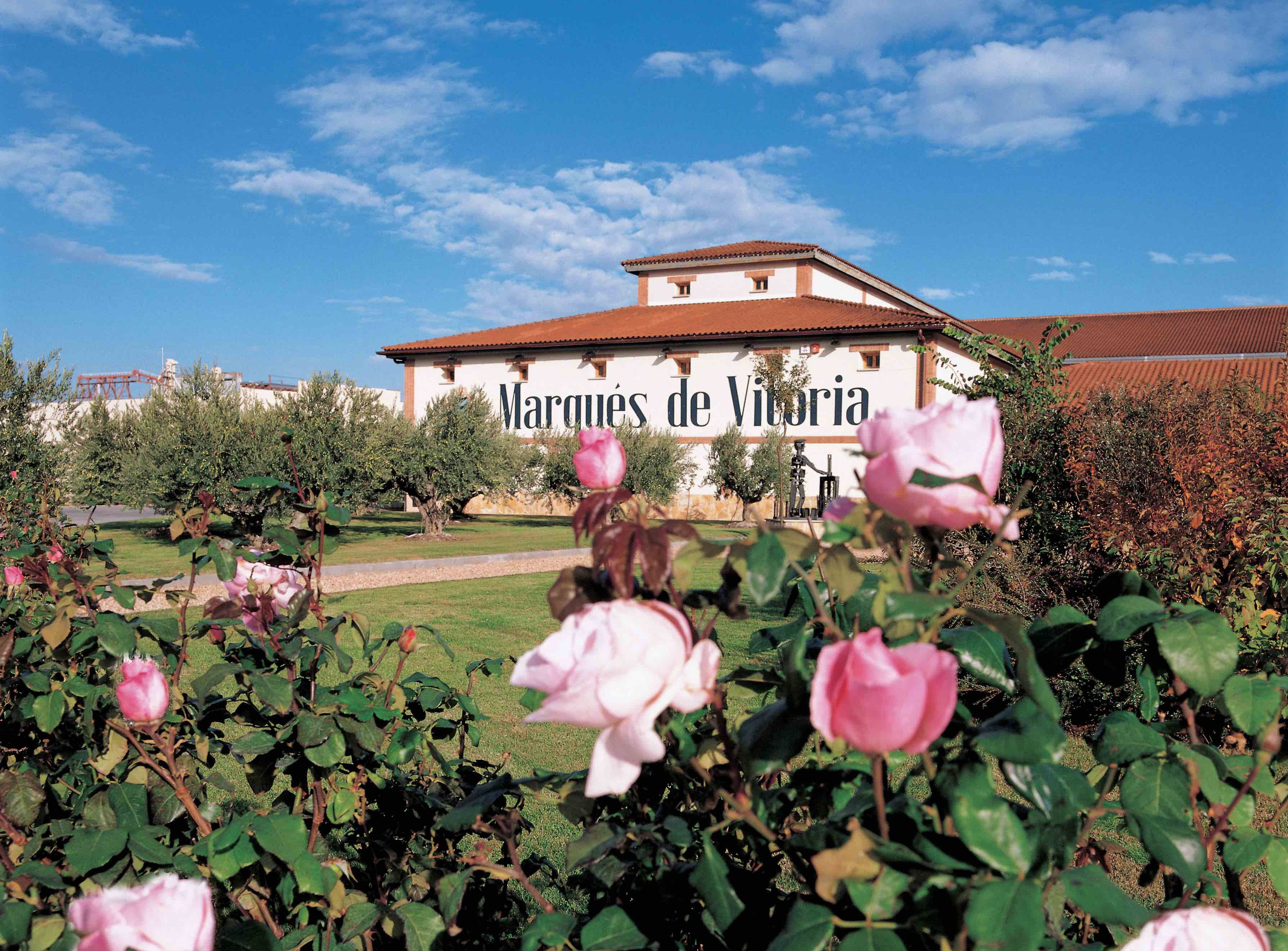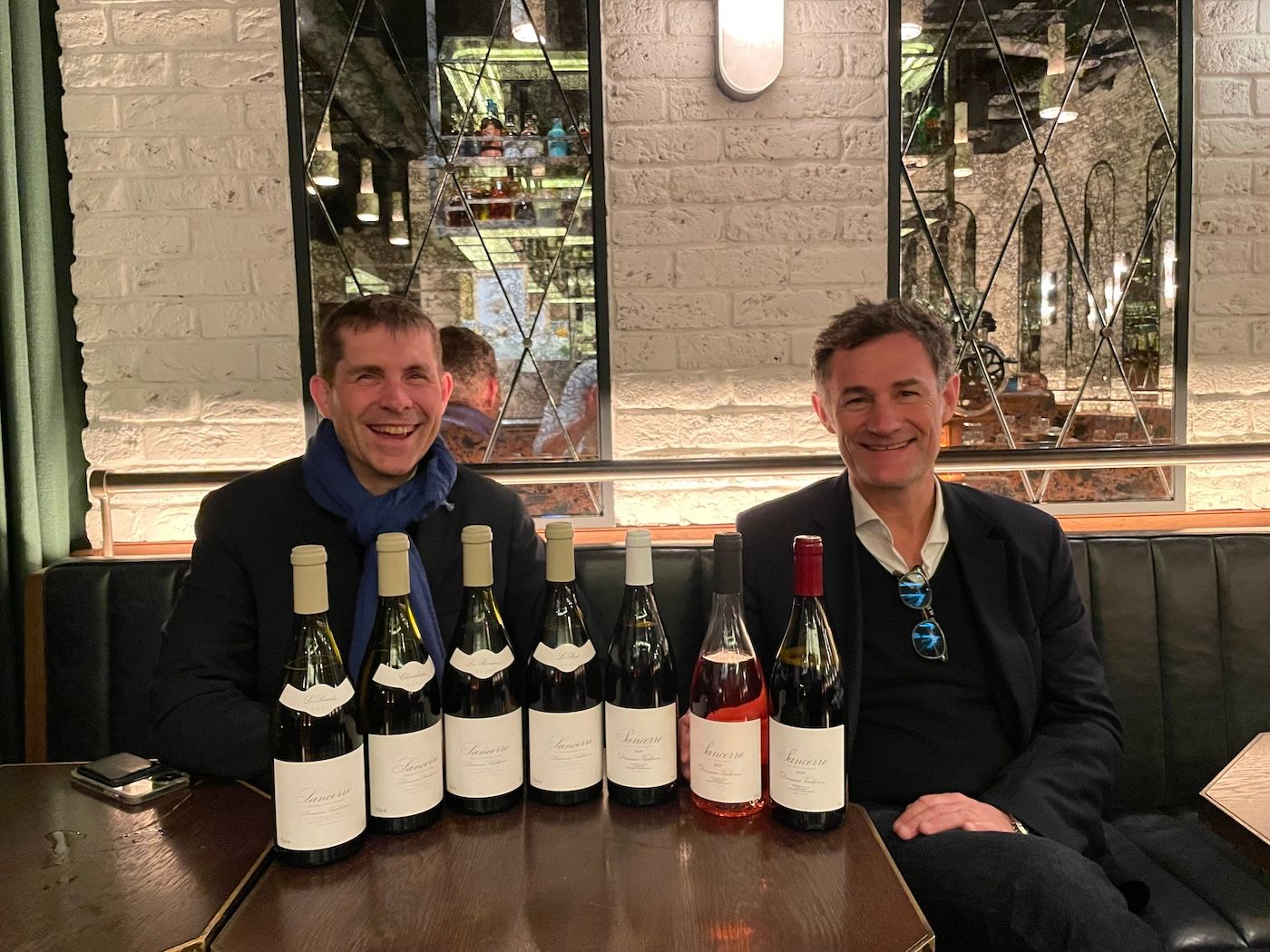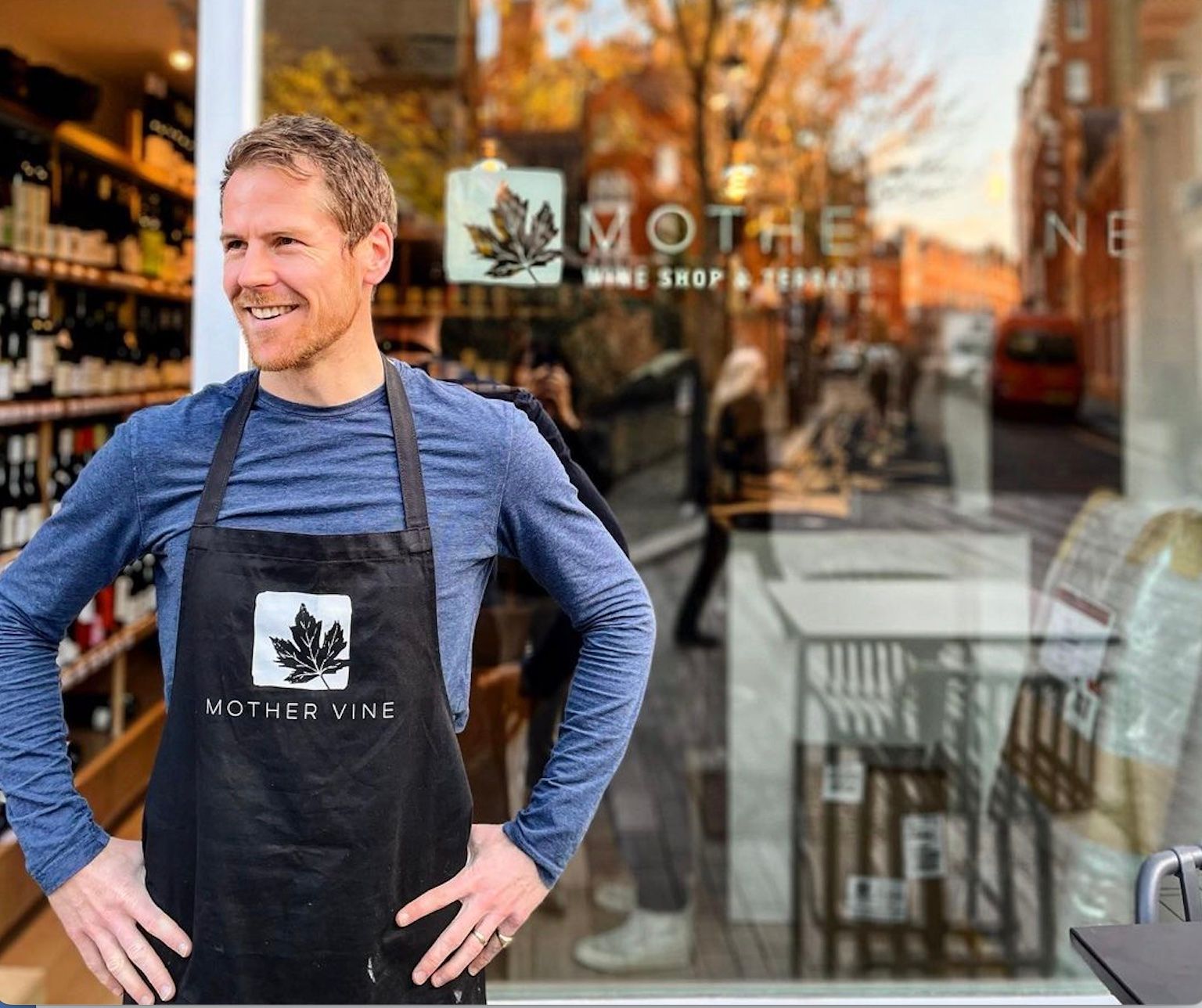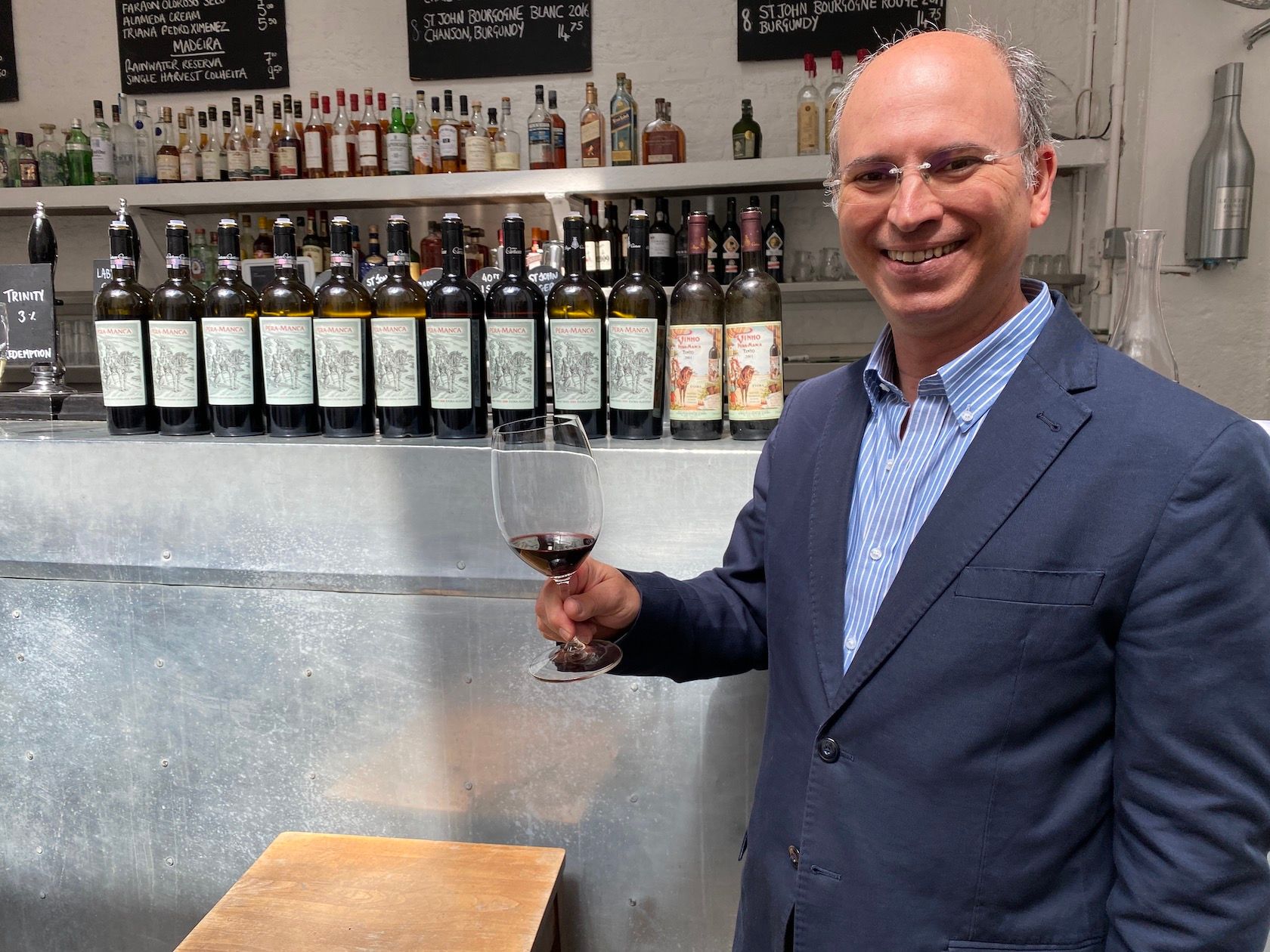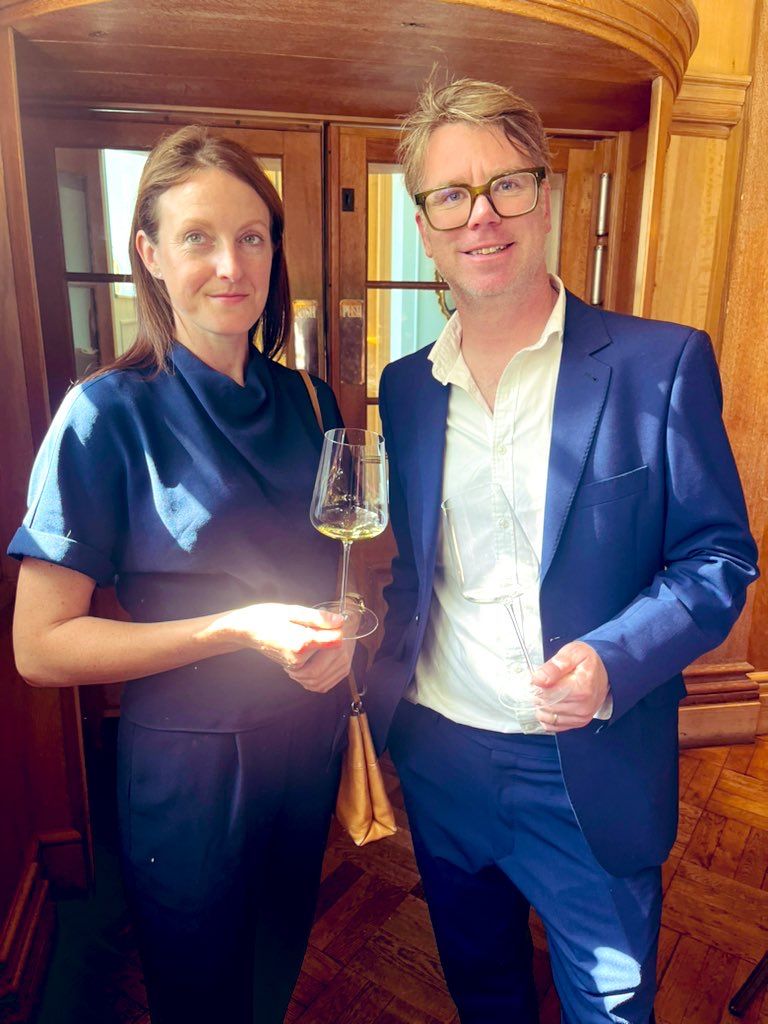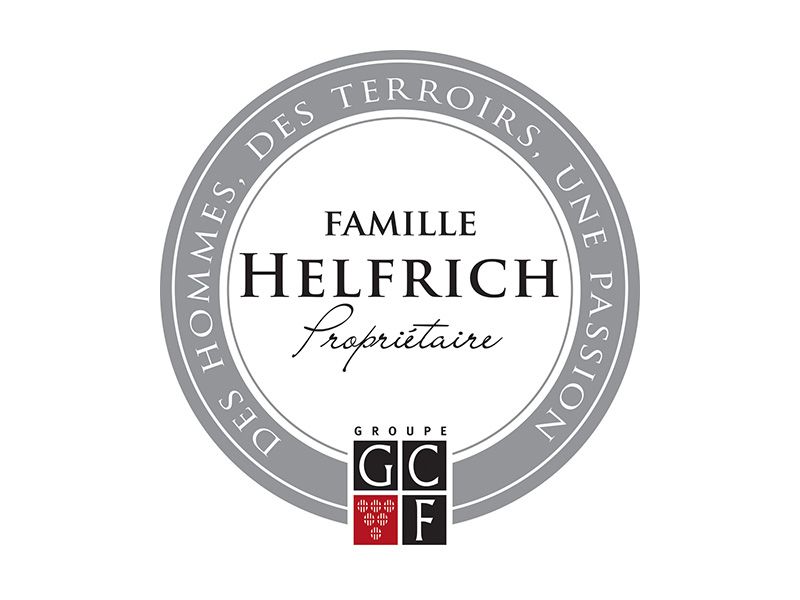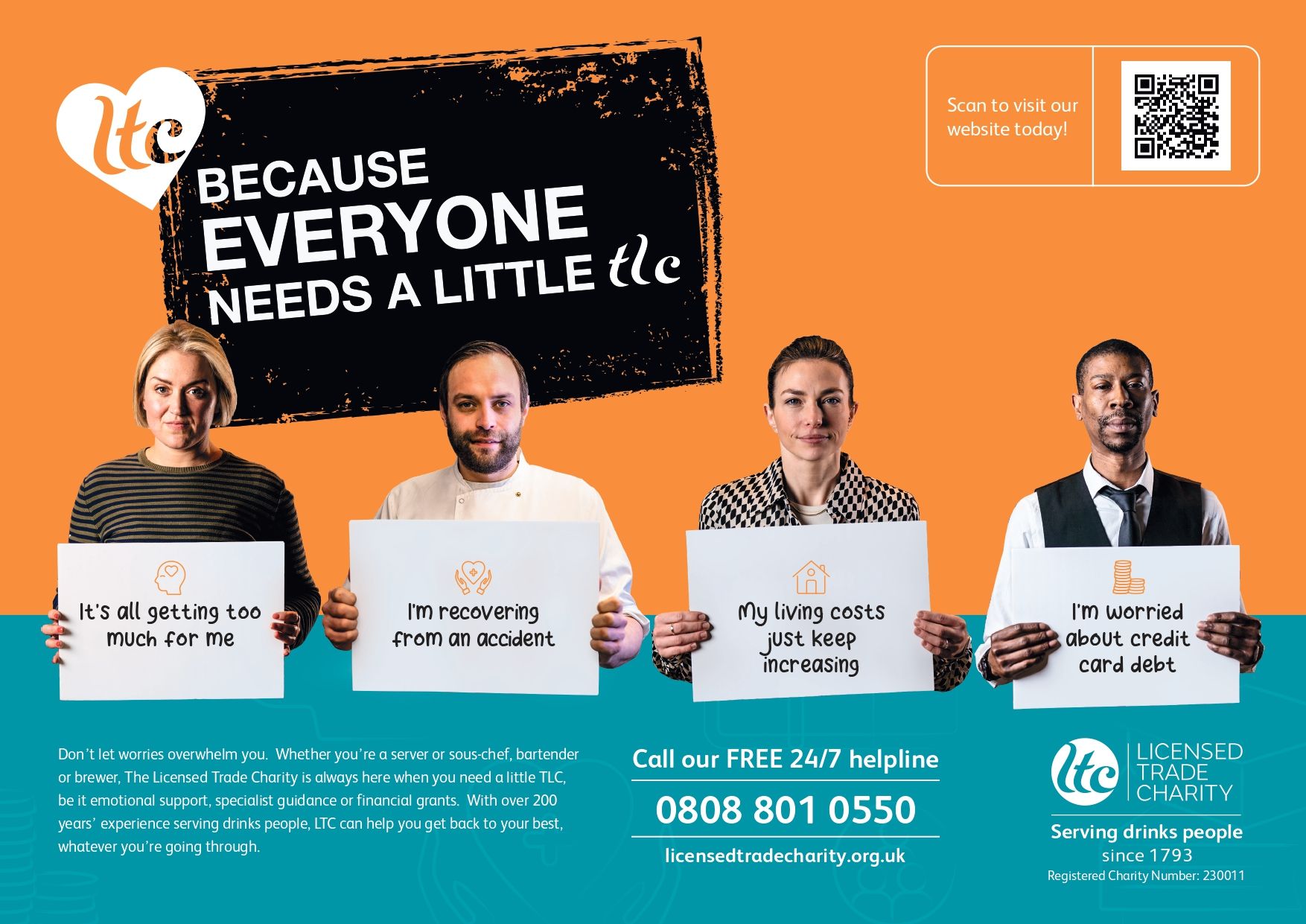So why does 5Forests’ Polly Hammond believe we should all listen to what millennials are saying, follow what they are doing and ensure our marketing and brand strategies are aligned to their needs. You can hear her share her insights at the One Step Beyond conference in London on March 4.
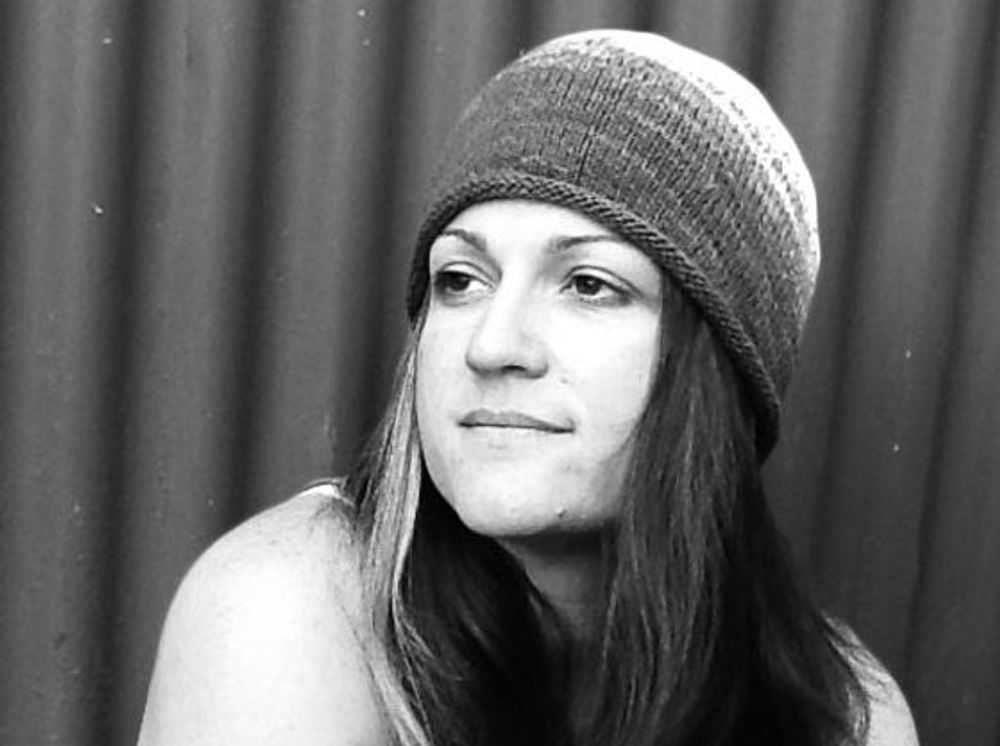
Polly Hammond: there to help wine businesses who don’t know where to start when it comes to a digital strategy – particularly with millennials
You had to feel for Polly Hammond at last November’s wine2wine event in Verona. Not only did she realise she had chosen to give a speech that was in direct contradiction to one of the other keynote talks at the conference, the scheduling of the event meant she would be talking directly after that speech had been made.
Throw in the fact that the speaker happened to be a professional TV presenter, known for his wit, repartee and ability to deliver a barnstorming performance, then it must have been a long flight from her home in New Zealand to take her turn at wine2wine.
As it was Joe Fattorini, he of TV’s The Wine Show fame and his day to day work in the trade with Fields Morris & Verdin, and Polly Hammond actually worked as a compelling double act at what was without doubt the highlight of the two day conference. Compelling in how on top of the subject they both were, but also equally fascinating in how they made their respective cases.
Joe Fattorini told the same wine2wine event that it was a dangerous step to take to concentrate your efforts on millennials
They might have come at the topic of millennials from completely different directions, but they both shared the conclusion that we are all living in arguably the fastest changing consumer market that we have ever known. Fuelled and driven by ever connected fast, smart technology, over ridden by the all seeing, all judging influence of social media that is now such a dominant force in how we live our personal and business lives.
Essentially Fattorini’s view was that there was an inherent danger in basing so much of our consumer understanding just on what millennials think, when we ignore so much of the rest of the population. Particularly when it comes to wine research and how much of the “other” consumer demographic sets actually dictate what wine is bought and sold around the world. Regardless of what millennials might be up to on Instagram, Tik Tok or whatever.
Specific and different
Hammond was certainly not advocating concentrating all your marketing and research efforts on millennials alone. But she was adamant the attitudes and approach to life the overall millennial age group has is having a ripple effect on the rest of society and changing the way we all now act and behave.
How we all behave is being increasingly affected by the actions and beliefs of the millennial generation
Would, for example, we be so much more open as a society to talk about personal lifestyles and differences in sexuality if it had not been for this millennial generation? Or so much more respectful of our personal well being, particularly around mental health?
“Millennials are the product of the world we have created,” she said. They are the group most influenced by the “profound” changes we have seen in technology, marketing, advertising and brand development. “They are the most connected, educated, well-read, and tech savvy generation we have ever experienced,” claimed Hammond.
Different mind set
They have, she added, a “different mind set” which is having a dramatic impact on “how they define and relate to brands” and the kinds of businesses they want to spend their money with, or even work for.
It’s the fact the millennial generation is expected to “be in control of $24 trillion” of consumer spending in 2020 that makes them the demographic all brands and companies want to understand and get close to.
But if they do, then they also need to be prepared to change their own behaviours, the way they work, behave and conduct business, she added.
Millennials: a generation with a purpose who want to spend money with brands they can believe in
This is the generation, said Hammond, that wants to “kill off bad ethics, bad employment practices, bad customer service, bad behaviour”. They expect to he heard, and are willing to use their voices – loudly – and are prepared to stand up and shout out about their ethics and beliefs.
All of which is having a knock on effect on us all, regardless of our age and background, and how we now all collectively expect to be able to communicate with and have a direct impact on the brands, businesses and services we work with, she stressed.
“The millennial mind set has integrated across all age groups,” she said. “Millennials have challenged brands to do more. Millennials have killed the status quo. The way things have always been done.”
Part of that change in brand and consumer relationships is centred around being treated as an individual, “not a wallet”.
Millennials don’t want to be “segmented into little tidy groups, they want to be seen as individuals,” she said. “Today’s consumers expect brands to understand them better. Create connections with them.”
Again it is the changes that millennials want for themselves that is having a “profound impact” on how we define people as a whole, be it by their background, their diversity.
Change in wine marketing
So much wine marketing and communications is aimed at middle class white consumers
It’s no longer good enough for wine brands to have a one size fits all marketing strategy. Because of this drive by millennials they need to be marketing to more diverse groups. Why, asked Hammond, is still so much of our advertising, particularly for wine, just aimed at white, middle class people?
“We need to be more representative,” she said. “We are talking about terroir when other products are telling stories of our lives. We have to make it better.”
She added: “In wine we talk about wine tasting experiences, food and wine experiences, wine tourism experiences. We rarely hear about customer experiences with wine and our brands. Are we fostering our relationships and making our customers feel cherished and loved? Do they even feel represented?”
The consumer dynamic has changed so much in recent years that the old rules of advertising and brand building “aren’t viable” any more, she said. They won’t simply believe you, and follow what you say. You have to build a trust, a relationship, a reason, a purpose for consumers to want to buy your products, explained Hammond.
“Wine Twitter is still full of people who think we just need to educate to people about wine and they will wake up to it,” she claimed.
For too long “our wine language has been elitist and not diverse enough”. It has been “glaringly white”.
Being digital
Created by Paul Mabray of Emetry here is an infographic that shows how far data is now part of the wine industry – the challenge for wine companies is to know how to work with the various companies that are changing the digital landscape in drinks
To really get to grips to what the changing consumer is looking for then wine companies need to look seriously at any available data that helps them understand them better. Only by doing that will you start to know what the right message, to the right people, at the right time, on the right channel, she argued.
But digital is constantly changing. Facebook, for example, has changed the algorithms that run the platform four times in the last year. Instagram is the same. Just when you think you have cracked it, it moves and changes again.
“Other industries have been using new technology for a long time. We are behind the 8 ball on this,” said Hammond. “Wine has had a lot of nebulous data in the past, but now that we are getting better data, we need to know how to use it better. But remember what worked three months ago, won’t work in three months time. We have to be willing to learn, adapt and change.”
It can be a big challenge to get wine businesses to change the way they work, said Hammond, but not changing is not really an option. “We have to work harder, make it better, do it faster. Make sure you are here in 10 to 20 years and that you are relevant whether you are talking to millennials or boomers,” she explained.
“Technology allows us to compete for attention. But we are talking to individuals. We need to work out how to do that. To be relevant, to be attractive to them.”
That’s the challenge that faces us all. Regardless of which consumer demographic you have in your sights.
One Step Beyond Conference 2020
- Polly Hammond will be speaking at The One Step Beyond 2020 conference being organised by The Buyer and Sophie Jump in association with the Wine & Spirit Trade Association. Its main platform partner is Emetry and it is also being supported by her 5 Forests, marketing and comms specialists.
- It will include specialist talks on breakthrough technologies such as voice and augmented reality from technology experts and examine what impact they are having on e-commerce, the subscription and experience economy and traditional retailing. Top industry figures will then assess how best to implement and make the most of these disruptive technologies in the drinks industry.
- The event takes place at The Other Palace Theatre, 12 Palace Street, London SW1E 5JA between 9.30am to 5pm on March 4. It will also include a drinks reception sponsored by Freixenet Copestick.
- Tickets are available priced at £195 per person (plus VAT). Places are limited to 100 people so early booking is vital. To register click here.

